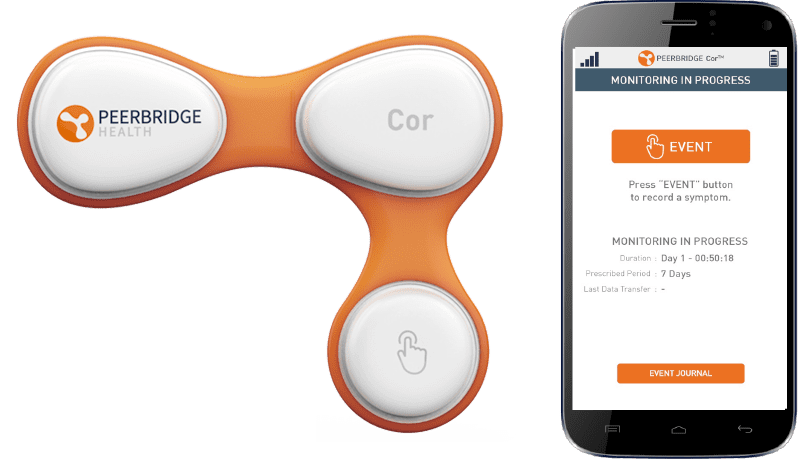Peerbridge Health and Native Cardio Inc. recognize the postoperative challenges the 500,000+ cardiac surgery patients in the US face each year, with more than 20% developing postoperative atrial fibrillation (POAF). As a result, these companies are collaborating on a new combined solution to more efficiently and effectively diagnose and treat atrial fibrillation (AFib) and POAF, improving patient outcomes.
Without a way to predict which patients will develop POAF, every cardiac surgery patient is potentially at risk. In addition, there is no current standard of care for monitoring these patients after discharge for development of chronic AFib. Negative outcomes related to POAF include increased risk of stroke and death, extended length of stay in the hospital, hospital readmission following discharge, and risk of developing chronic atrial fibrillation. This results in billions of dollars wasted each year on poor health outcomes.
“POAF is the most frequent complication after cardiac surgery, and the incidence rate is on the rise,” said Dr. Joseph Pergolizzi, Founder and President of NativeCardio, Inc. “We’re happy to partner with Peerbridge to ensure cardiac patients have access to improved monitoring solutions that better address this serious health concern and restore their quality of life.”
Peerbridge Health and Native Cardio’s collaboration will elevate the importance of proactively monitoring and treating for POAF after a patient is discharged from the hospital following surgery. Physicians will be able to prescribe one unified solution to monitor patient progress and quickly treat POAF if complications occur. The powerful combination of the Peerbridge Cor™, a best-in-class wireless electrocardiogram (ECG) patch, and Native Cardio’s Rhythm MakerTM, a device that addresses POAF immediately by delivering an ultra-low shock to the patient’s heart, have the potential to negate poor patient outcomes, prevent hospital readmission, and better manage post-surgical patients.
“Currently, there is a lack of focus and coordination around the detection and treatment of POAF,” said Adrian Gilmore, CEO at Peerbridge Health. “Our collaboration with Native Cardio will ensure there is an integrated solution to address this challenge, while also improving patient outcomes and reducing costs for providers and payors.”



